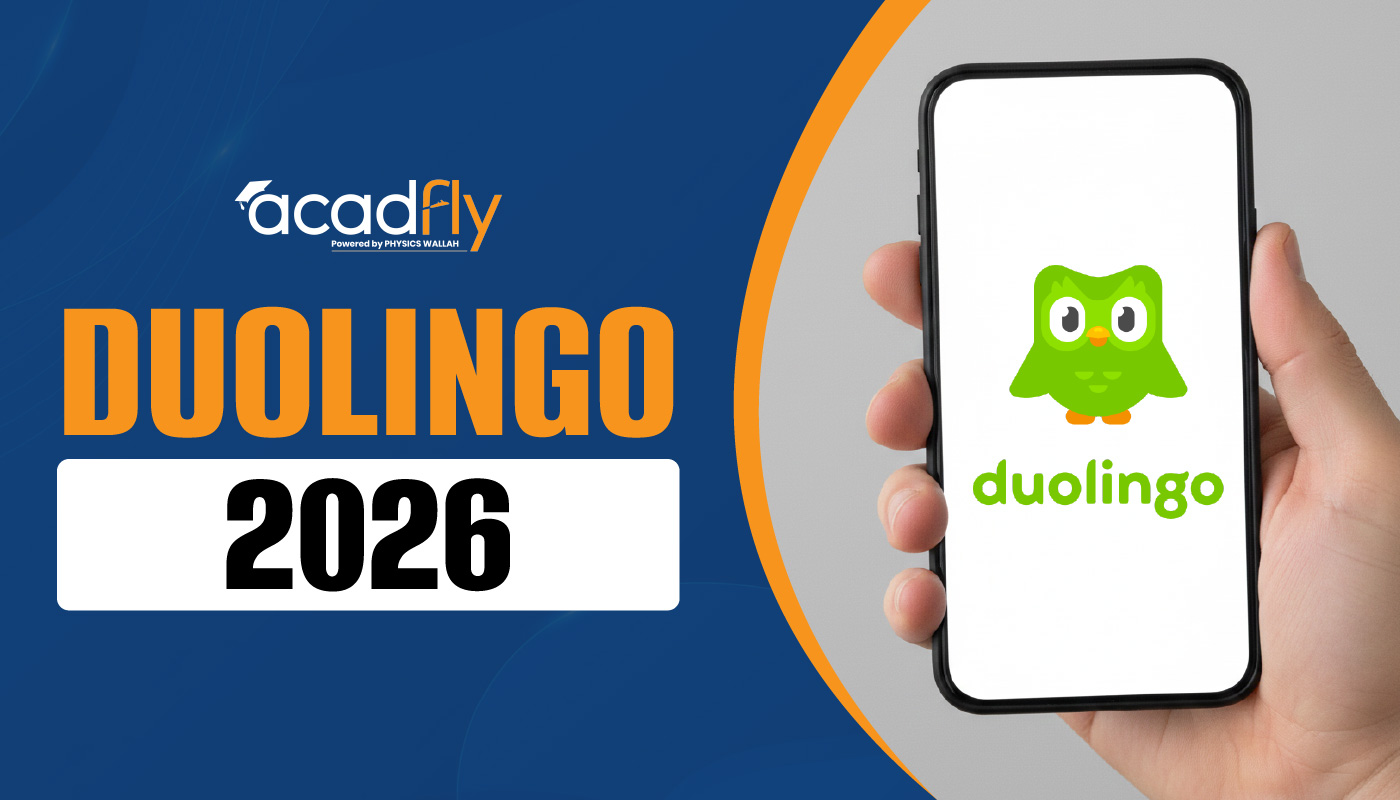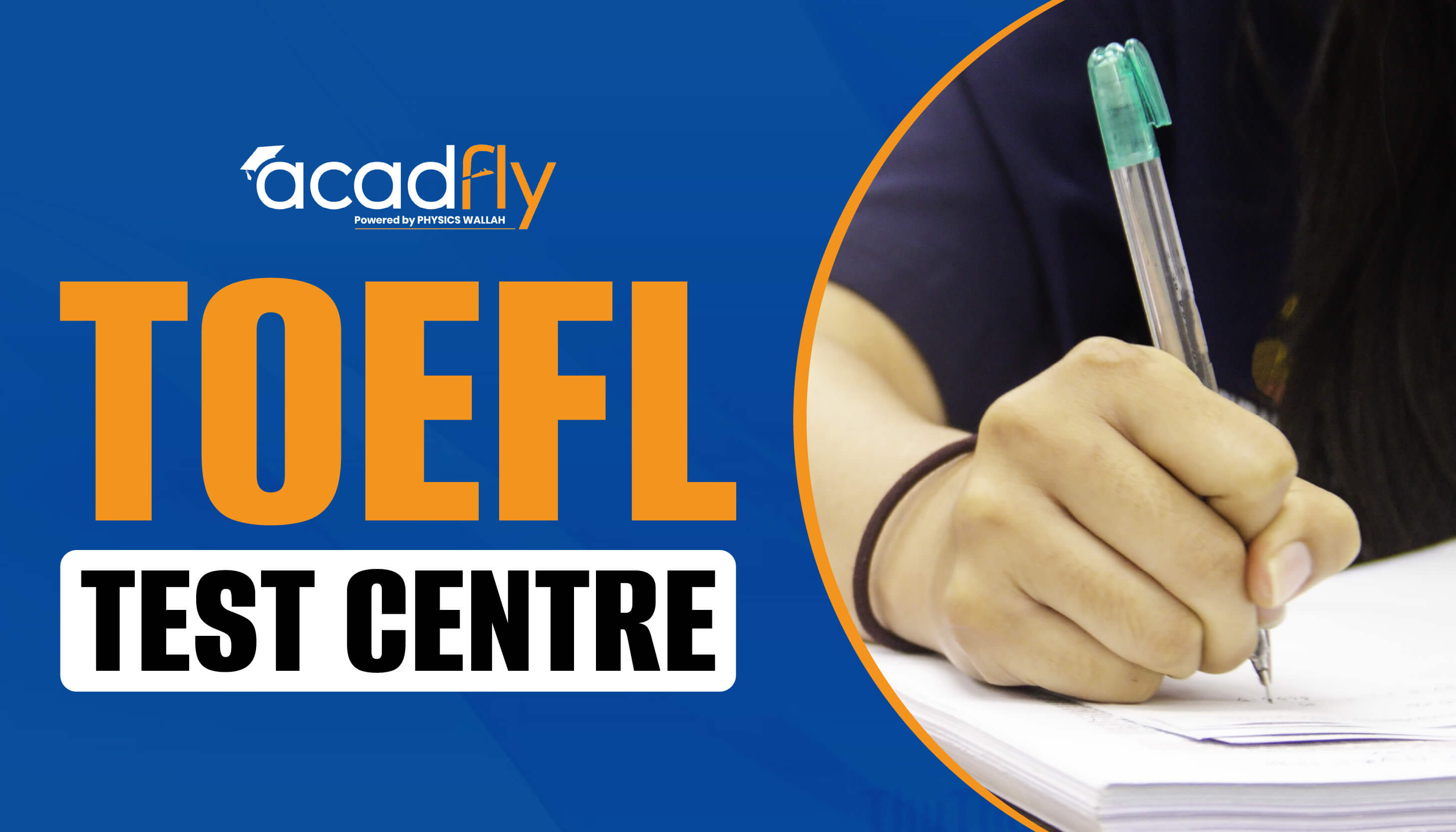
Data science has become one of the most sought-after fields in the modern job market, with its applications stretching across various industries such as finance, healthcare, and technology. With Canada emerging as a top destination for international students, many are eager to understand the data science degree requirements in Canada. This article will explore everything you need to know about studying data science in Canada, including admission requirements, university options, scholarship opportunities, standardized tests like GRE and IELTS, and much more.
Understanding Data Science and Its Importance
Data science is the study of data, which involves extracting insights and knowledge from structured and unstructured data using scientific methods, algorithms, and systems. It encompasses various fields, including statistics, data analysis, machine learning, and big data. With businesses increasingly relying on data-driven decisions, the demand for skilled data scientists has skyrocketed, making it a lucrative career path.
Canada is home to numerous prestigious institutions that offer specialized programs in data science, attracting a diverse international student body. Understanding the requirements for these programs is essential for prospective students aiming to build a successful career in this dynamic field.
Data Science Degree Requirements in Canada
To embark on a journey in data science, aspiring students must meet certain academic and professional criteria. Each university may have specific prerequisites, but some general requirements are common across most programs.
Educational Background
Most Canadian universities require students to possess a bachelor's degree in a related field, such as:
-
Computer Science
-
Mathematics
-
Statistics
-
Engineering
-
Information Technology
Having a strong foundation in these areas will significantly enhance your chances of admission.
Academic Performance
A solid academic record is crucial for gaining admission to data science programs. Most universities look for candidates with a minimum GPA, often around 3.0 on a 4.0 scale. Some institutions may also consider additional factors such as relevant coursework and extracurricular activities in their evaluation process.
Language Proficiency
For international students, proficiency in English is a critical requirement. Most universities accept standardized language tests such as the IELTS. A minimum overall band score of 6.5 to 7.5 is often required, depending on the institution. It’s essential to check the specific requirements of each university, as they may vary.
GRE Requirement for Data Science in Canada
The GRE requirement for data science in Canada can vary by university. While some institutions mandate the GRE for admission, others may not. Generally, a competitive GRE score can enhance your application, especially for programs that consider it a significant factor.
The typical GRE score range for data science applicants is often between 300-320. However, it is advisable to verify the specific requirements for your targeted institutions, as they may have different thresholds.
Top Canadian Universities for Data Science
Canada boasts numerous universities that offer outstanding data science programs. Here are some of the top Canadian universities for data science that you should consider:
|
University Name |
Location |
Degree Offered |
Admission Requirements |
|
University of Toronto |
Toronto |
Master of Science in Data Science |
Bachelor’s degree, minimum GPA of 3.0, IELTS 7.0 |
|
University of British Columbia |
Vancouver |
Master of Data Science |
Bachelor’s degree, GRE (optional), IELTS 6.5 |
|
McGill University |
Montreal |
Master of Science in Data Science |
Bachelor’s degree, minimum GPA of 3.0, IELTS 6.5 |
|
University of Alberta |
Edmonton |
Master of Science in Computing Science |
Bachelor’s degree, GRE (optional), IELTS 6.5 |
This table summarizes some of the top universities, their locations, the degrees offered, and general admission requirements. Research each program thoroughly to ensure you meet their specific criteria.
Data Science Scholarships Canada
Studying in Canada can be costly, but several scholarships are available for international students pursuing data science. These scholarships can significantly alleviate financial burdens and make education more accessible. Here are some prominent data science scholarships in Canada:
-
Vanier Canada Graduate Scholarships: Offered to doctoral students, this prestigious scholarship awards $50,000 per year for up to three years.
-
Lester B. Pearson International Scholarship: This scholarship covers tuition, books, and fees for international students attending the University of Toronto.
-
University-specific Scholarships: Many universities offer their scholarships based on academic merit, need, or specific criteria related to the data science field.
Application Process
The application process for data science programs in Canada is structured and requires careful planning to ensure all necessary components are addressed. Following a systematic approach can help you stay organized and enhance your chances of acceptance into your desired program. Below is an overview of the key steps involved in the application process for data science programs in Canada:
|
Step |
Description |
|
Research |
Identify universities and data science programs that align with your career goals and interests. |
|
Prepare Documents |
Gather necessary documents, including transcripts, letters of recommendation, statements of purpose, and proof of language proficiency. |
|
Submit Applications |
Complete online applications, upload your documents, and pay the application fee as required by each university. |
|
Interviews |
Some programs may require interviews to assess your fit for the program and your motivation for studying data science. |
This table summarizes the critical steps in the application process, ensuring you have a clear roadmap as you embark on your journey to pursue a data science degree in Canada.
Choosing the Right Data Science Program
When selecting a data science program in Canada, consider factors such as:
-
Curriculum: Review the course offerings and ensure they cover essential topics like machine learning, data visualization, and statistical analysis.
-
Faculty: Research the faculty members’ expertise and industry experience.
-
Industry Connections: Some programs may offer internships or co-op opportunities that provide practical experience and networking.
-
Location: Consider the university's location, as it can influence internship and job opportunities.
Job Prospects for Data Science Graduates in Canada
Canada's data science job market is robust, with a growing demand for skilled professionals. Graduates can find opportunities in various sectors, including:
-
Finance: Analyzing data to inform investment decisions and risk assessments.
-
Healthcare: Utilizing data to improve patient outcomes and streamline operations.
-
Technology: Developing algorithms and models for machine learning and artificial intelligence applications.
-
Government: Leveraging data analytics for policy development and public services.
The average salary for a data scientist in Canada ranges from CAD 70,000 to CAD 120,000 annually, depending on experience and location.
Importance of IELTS for Data Science in Canada
Language Proficiency Requirement
Most Canadian universities require international students to submit IELTS scores to ensure they possess the necessary language skills to succeed in their studies. This is crucial for a field like data science, which involves understanding complex concepts and engaging in collaborative projects.
Minimum Score Requirements
Generally, universities set a minimum overall IELTS score, often ranging from 6.5 to 7.5, depending on the institution and program. Each university may have specific requirements for individual bands (Listening, Reading, Writing, Speaking) as well.
Test Preparation
Preparing for the IELTS involves familiarizing yourself with the test format, improving your English language skills, and practicing with sample questions. Many resources, including online courses and practice tests, are available to help you prepare effectively.
Submitting Scores
After taking the IELTS, you will need to submit your scores to the universities you are applying to. Make sure to check each university's policy regarding score submission and the validity period of the IELTS scores.
Alternative Tests
Some universities may accept other English proficiency tests, such as the TOEFL or PTE. It's essential to verify the requirements of the specific programs you're interested in.
By preparing adequately for the IELTS and achieving the required scores, you can enhance your chances of being admitted to a data science program in Canada and successfully navigating your academic journey.
Conclusion
Studying data science in Canada presents an exciting opportunity for international students. By understanding the data science degree requirements in Canada, you can navigate the admissions process successfully. Focus on meeting educational, language, and testing prerequisites, and explore scholarship opportunities to ease financial burdens. With the right preparation, you can embark on a fulfilling career in data science, contributing to various industries and shaping the future through data-driven insights.
Frequently Asked Questions
1.What are the basic data science degree requirements in Canada?
2.Is the GRE required for all data science programs in Canada?
3.Are there scholarships available for international students studying data science in Canada?
4.What is the average salary for data science graduates in Canada?
5.Which universities in Canada are best for data science programs?









